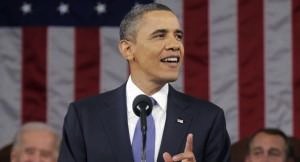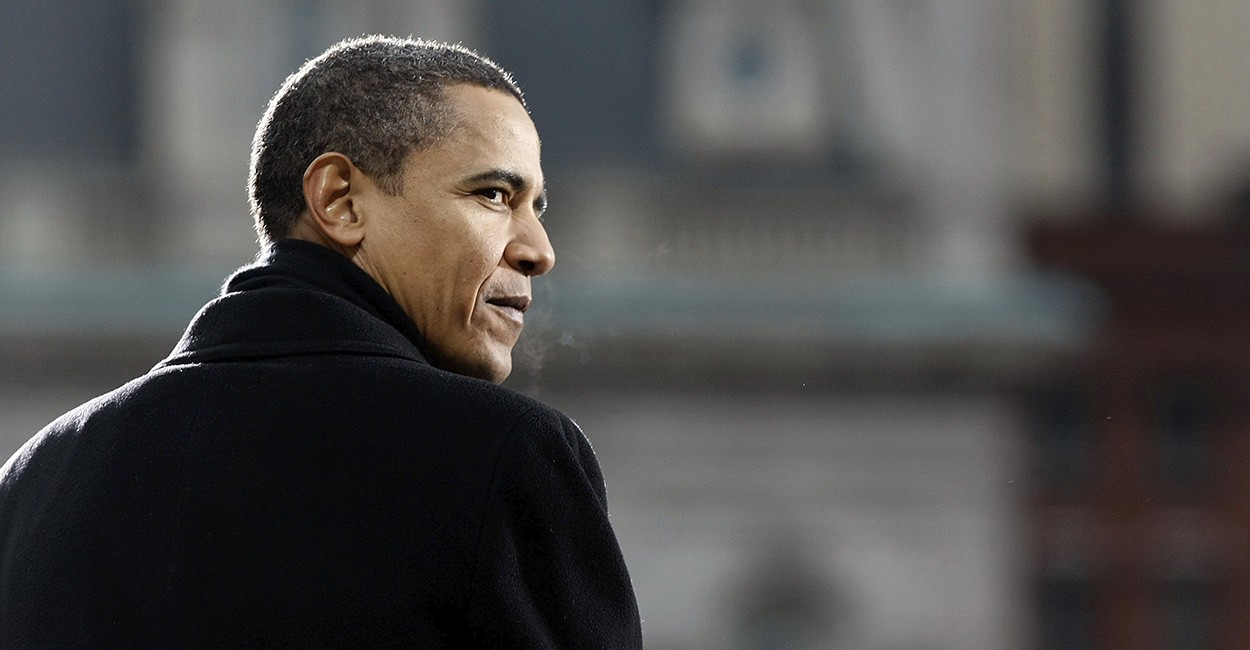By: Ryan Prior 
In Washington this morning, I attended an excellent panel discussion featuring four former presidential speechwriters discussing tonight’s State of the Union address.
On the panel were Vinca LaFleur, speechwriter for Clinton; John McConnell, a member of George W. Bush’s speechwriting team; Chriss Winston, chief speechwriter to George H.W. Bush; and Bob Lehrman, the voice behind Al Gore and the author of The Political Speechwriter’s Companion.
The State of the Union address was a tradition begun by George Washington, but then ended by the relatively poor and mumbling orator, Thomas Jefferson, who preferred to pen his annual address in private before handing it to a secretary to read aloud before Congress. Jefferson’s example lasted all the way up to Woodrow Wilson, who, fearing his university president background would make him seem academic and aloof, decided to take the spirited step to deliver his State of the Union address himself. Wilson’s example has become the annual norm for every president since.
Based on the panelists’ comments, I’ll outline what we can and cannot expect from tonight’s address.
Expect:
1. A policy vision. Lehman noted that presidents often request 30 or 40 pieces of legislation with the refrain of “That’s why I’m calling on Congress to send me a bill that…” Additionally, he said that an average of 40% of a president’s requests are actually fulfilled. Though a major Obama campaign theme will be the ineptitude of Congress, an institution hated even more than BP, the State of the Union is not a time to rail against them. Though it’s a campaign year, the President and Congress still have major governing challenges, and this is the President’s chance to outline his framework for meeting them.
2. Bi-partisanship. John McConnell, who authored four State of the Union addresses for President George W. Bush, mentioned that he had recently re-read Bush’s 2004 speech. The prose, he said, did not read like a campaign speech, it read similar to Bush’s other annual addresses. So although many commentators have dubbed tonight’s speech the formal kick-off for Obama’s re-election campaign, the speech is likely to be more policy-oriented and less political than one might think.
3. A new seating chart. In addition, we can expect the reprise of last year’s “prom dates,” Republicans and Democrats who choo
se to sit in pairs, rather than in large blocs on both sides of the aisle. Last year 60 members of Congress signed a letter agreeing to sit together, and this year more than 130 members have already agreed to pair up with a colleague from the other party. This innovation, pioneered by the bi-partisan group No Labels, may well become a new annual tradition.
Don’t Expect:
1. Eloquence. Speechwriters complain that the State of the Union is not an occasion for beautiful wordsmithing. Rather, it is a laundry list of policy proposals written by committee and approved by more than 20 cabinet agencies. Lerhman described the speechwriter’s SOTU role as “camp counselor and therapist,” of dialoguing with officials with fragile egos, whose favored policy objectives have been steamrolled, each wanting to have their specific policies make it into the speech. Winston described the speechwriter’s SOTU role as that of a “manager” handling the avalanche of requests, weighing which ones held the most national significance.
2. To actually remember the speech. Because they are driven by policy rather than poetry, State of the Union speeches rarely contain memorable lines. LaFleur noted that one rare exception to this rule was a half-sentence she wrote in Clinton’s 1995 address: “the era of big government is over,” a phrase oft quoted by Obama’s conservative critics. However, what LaFleur originally wrote was, “The era of big government is over, but the age of every man for himself must never come to pass.” The last part of the sentence was re-written because “man” was not considered gender neutral. Mangled by political correctness, the eloquence of the original sentence was replaced by a more awkward clause that included both genders. No one remembers the second half of the sentence. Not even the writer herself.
Tips:
1. McConnell urged Obama’s speechwriting team, and all speechwriters in general, to not use “straw man” arguments: “Before you say, ‘some people on the other side believe…,’ stop to make sure that people on the other side really do believe it, and that you’re not caricaturing someone’s position.” Both Republican and Democrat speechwriters agreed that Obama and other presidents often commit this transgression. McConnell related a story told by Bill Safire, President Nixon’s late great speechwriter: Nixon loved to say, “Many around me were saying I should take the easy way, but…”. Safire, however, even as a White House insider, never figured who these people were that formed the core of Nixon’s favorite cliché. To make an honest man of Nixon, each time Safire passed Nixon’s office he decided to knock on the door and whisper, “Mr. President, take the easy way.”
2. Lehrman urged Obama and other speechmakers to concede points to the other side whenever prudent. Saying “Republicans are right when they say X” is good politics and good rhetoric because it enables speakers to strengthen their own arguments, and build rapport with their critics.

